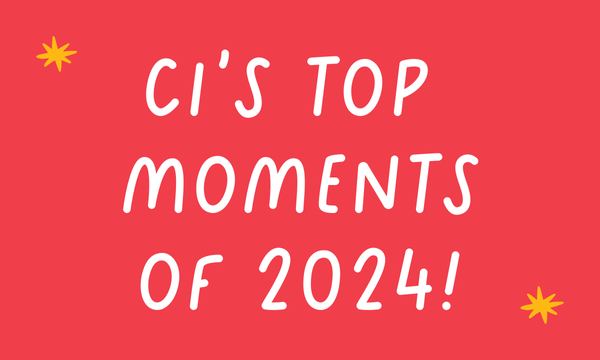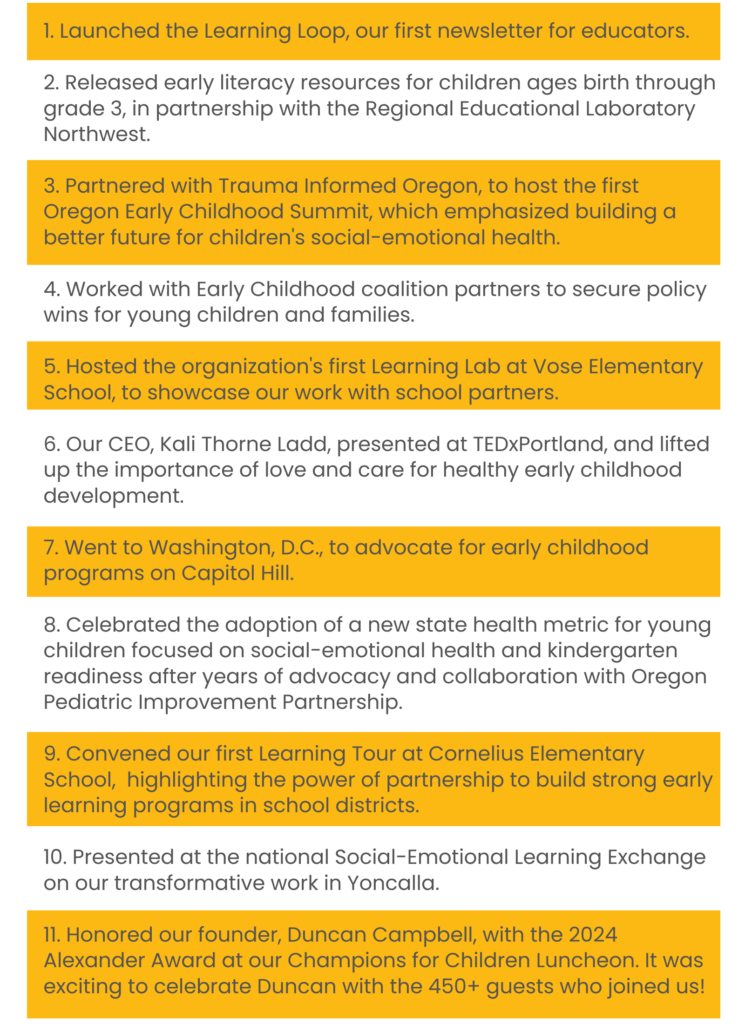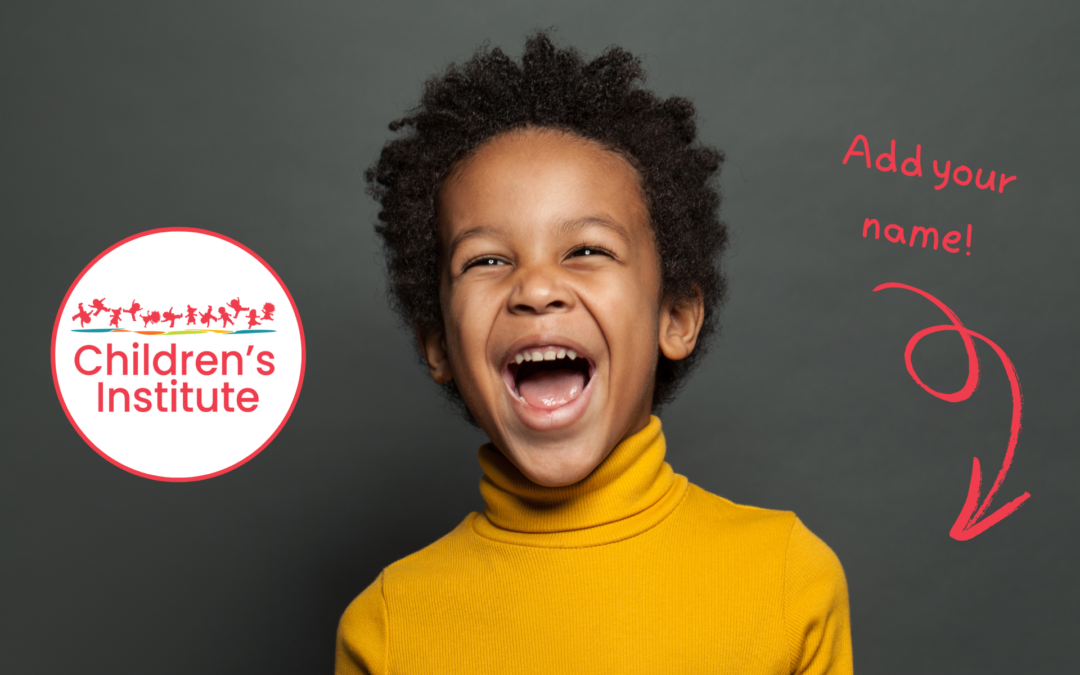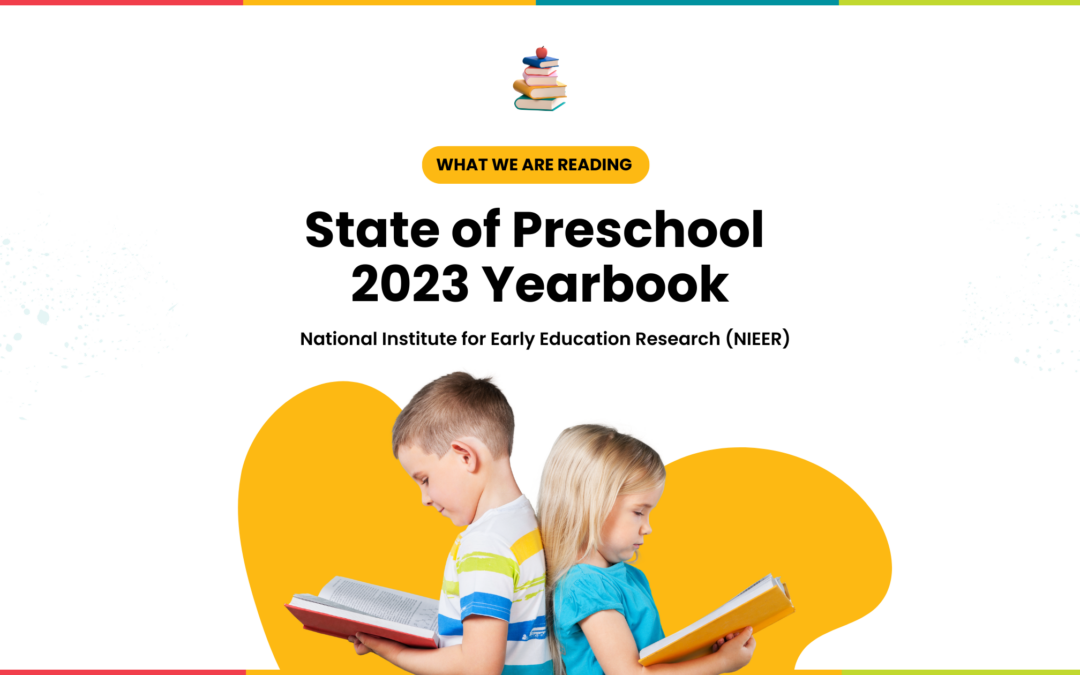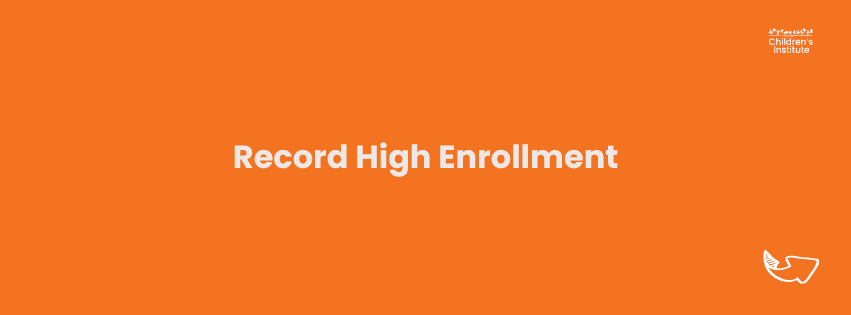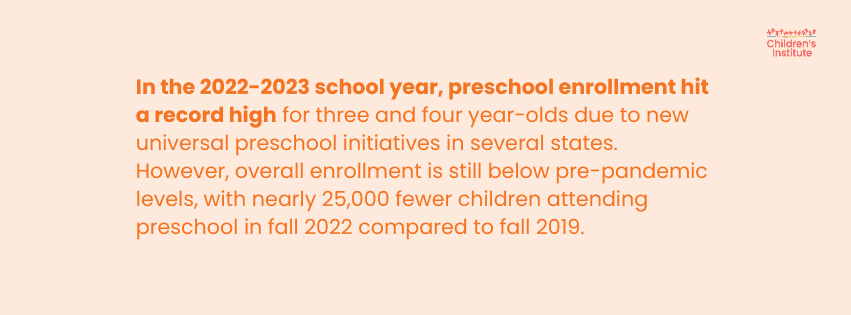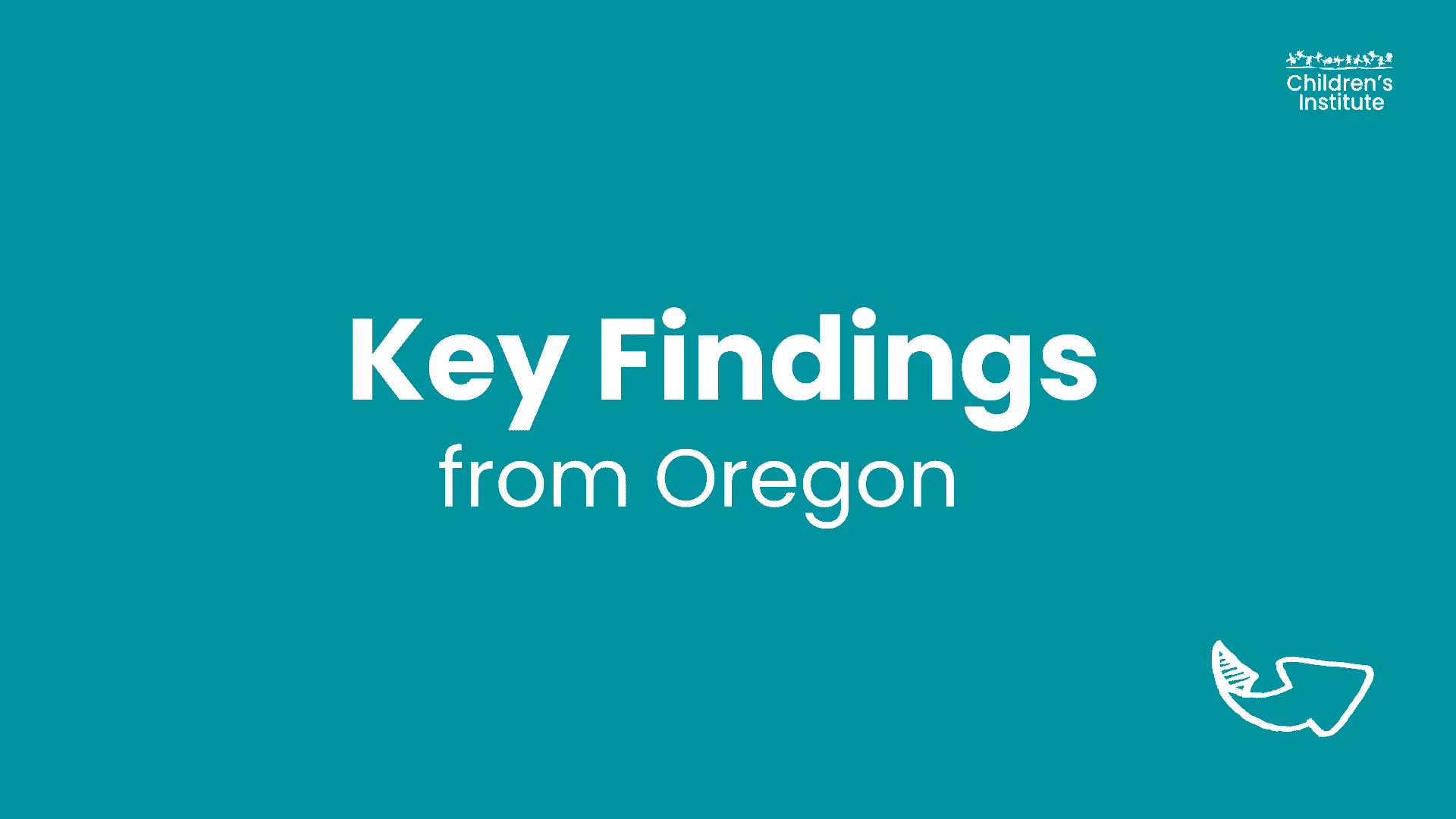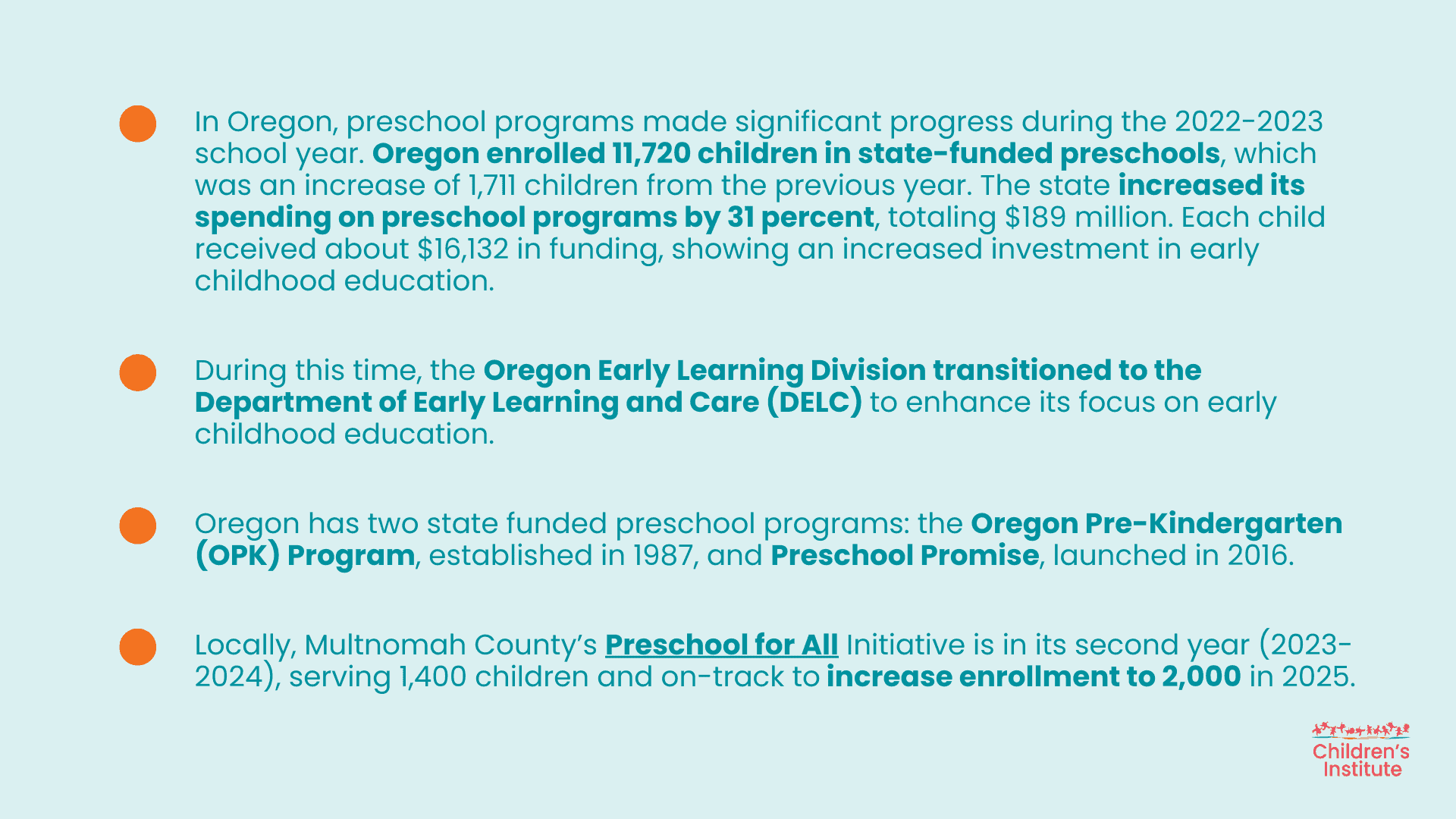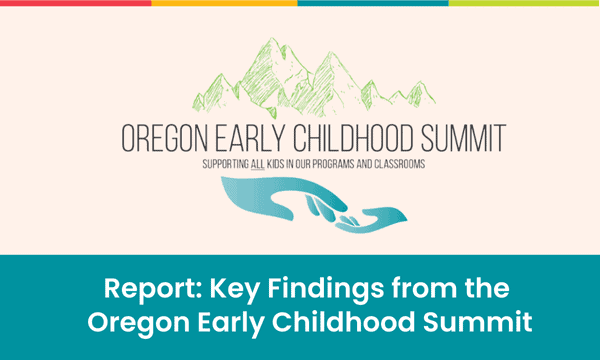
Early Childhood is Making Headlines! | CI News Roundup
The momentum for early learning and care, and child well-being in Oregon is growing, and Children’s Institute’s work is at the center of these conversations. From advocating for more health supports for parents during and after pregnancy, to expanding investments in family support services, our work is making headlines!
Don’t miss the latest media coverage, featuring Children’s Institute and our partners, below.

In this op-ed, Dana Hepper (Children’s Institute) and Alejandro Queral (Oregon Center for Public Policy) urge Oregon lawmakers to expand Employment Related Day Care (ERDC) and increase the Earned Income Tax Credit (EITC). These investments would make child care more affordable, ease financial stress for families, and improve outcomes for young children across Oregon. Read more.

A six-part report finds Oregon needs to modernize its decade-sold funding formula to meet statewide goals for student success, especially in schools that serve a concentration of students from low-income families. In this article, Dana Hepper, director of policy and advocacy at Children’s Institute emphasizes the need for both increased funding and accountability, so resources lead to better educational outcomes. Read more.
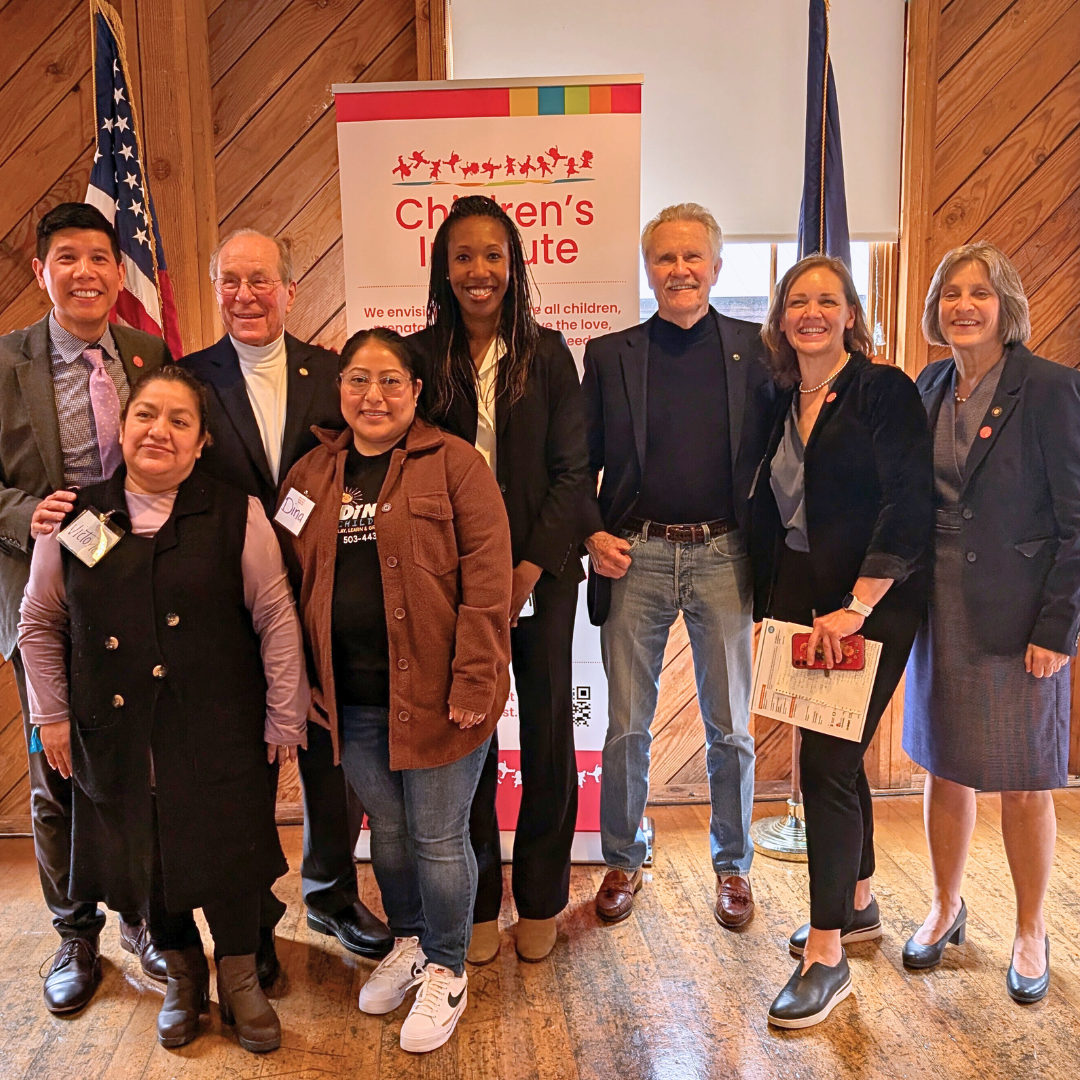
Former Oregon governors John Kitzhaber and Ted Kulongoski joined early childhood advocates from across sectors at the Choose Children Day of Action to push for increased state funding for young children and families. Organized by Children’s Institute, the effort supports investments in child care, early education, and health care, including the Momnibus package. Read more.
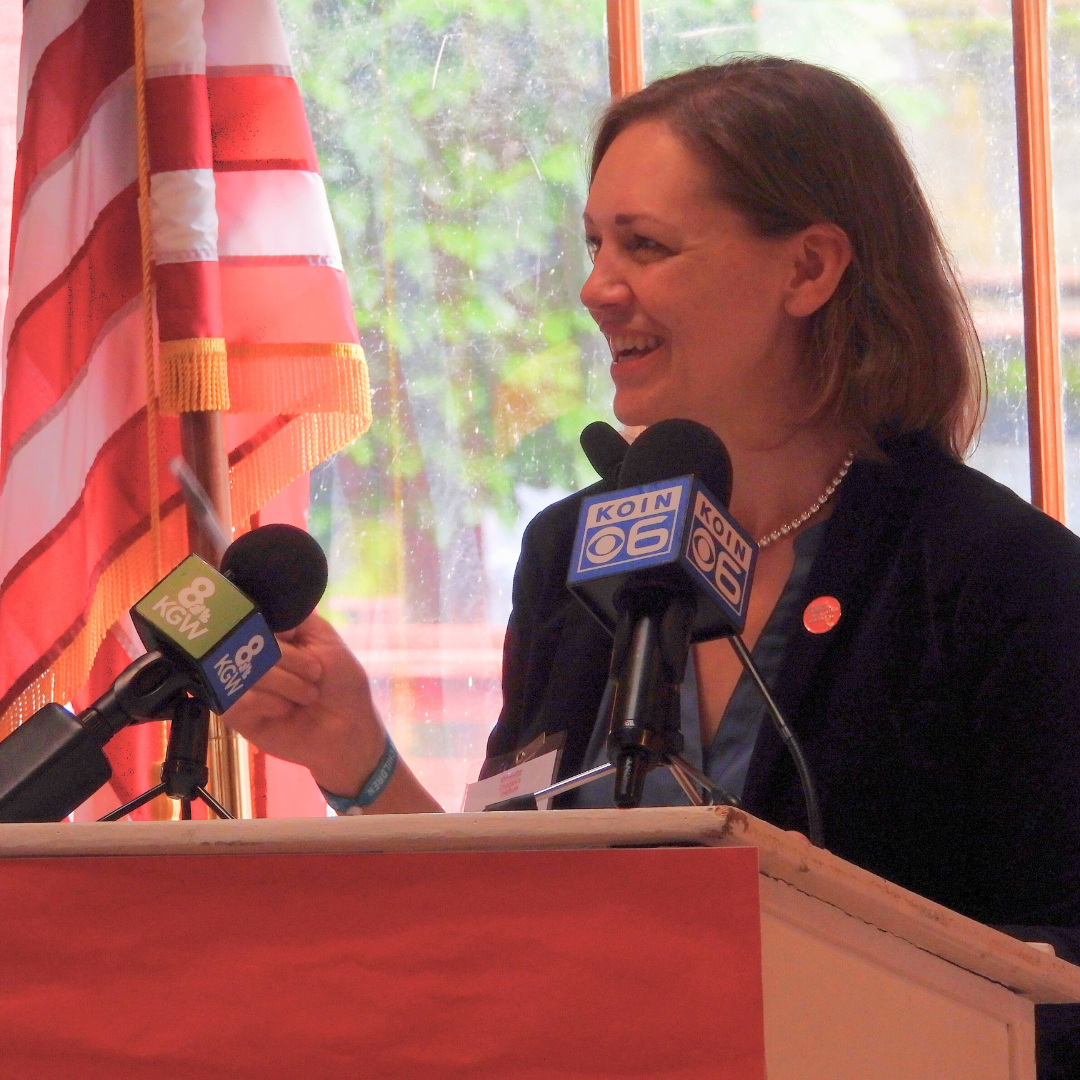
Former Oregon governors and early childhood advocates convened on February 17 to push legislation that will support early childhood education, child care, and family supports that will help set a strong foundation for young children in Oregon. Read more.

Children’s Institute CEO, Kali Thorne Ladd, and Senator Lisa Reynolds joined KOIN 6 AM Extra co-hosts to talk about Oregon’s Momnibus Act and the impact that these policies will have on infants, young children, and families. Watch here.

